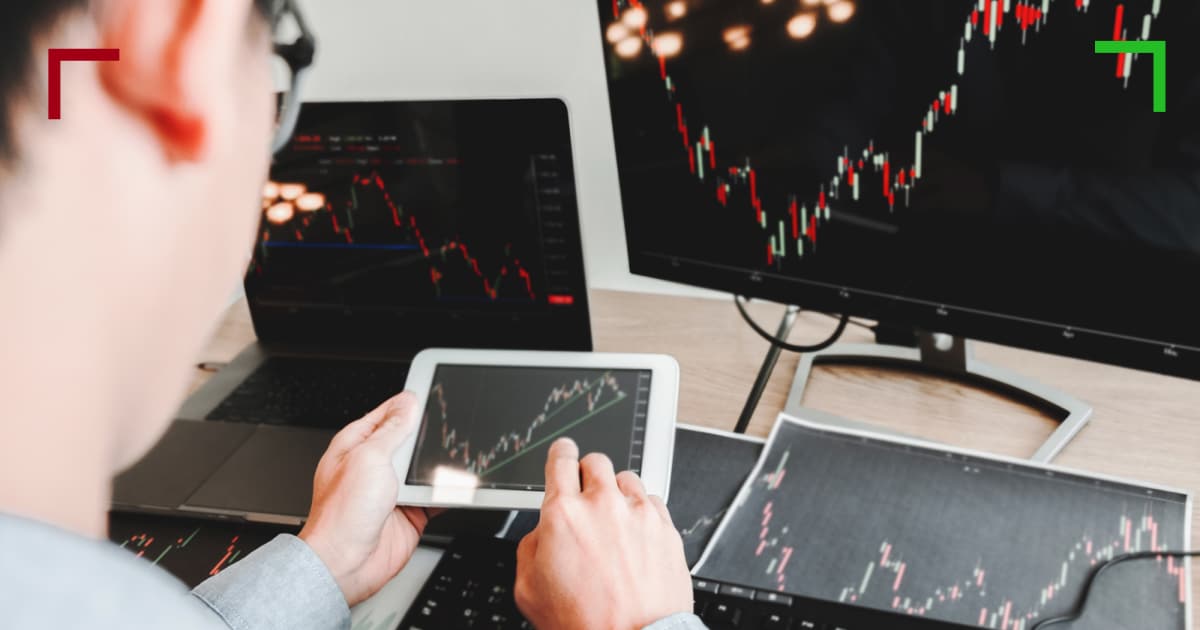How to Prepare a Forex News Calendar
What Is a Forex News Calendar?
The Forex news calendar includes upcoming events, announcements, and news that occur across the globe and are likely to have some kind of impact on the financial markets. No matter what market you trade, it is necessary to stay updated on the news which can affect stocks, currencies, indices, and bonds.
Each currency is a direct reflection of the economic, political, and social stability of a country. Therefore, changes in economic indicators are likely to affect the value of its currency. Thus, having a Forex news calendar is yet another tool to help traders determine their strategy. It is common for traders to utilize events and data in combination with technical analysis to read the news and generate predictions.
Often, traders neglect using a Forex calendar or are simply unaware of the best way to make use of it. While a calendar is definitely not the answer to all issues in trading, nor is it a key to certain success, it does have benefits that aid traders in making better decisions.
As a Forex trader, you need to understand the chart patterns and identify economic signals to make sound forecasts. This is the main advantage and reason behind creating and referring to a calendar. It’s all about getting the right information, at the right time.
Create an Efficient Calendar
A Forex or economic calendar has a structure based on the impact of the news or their chronological order. You can find websites that continuously updated calendars so that you don’t miss a step. However, these can sometimes be overcrowded with data that may not be relevant to your trading style.
Basic Parameters
Therefore, if you are creating your own calendar, consider adding several parameters. Some of those include the basics: country name, indicator, impact, and value. Here are some of the most important items in an economic calendar:
- The time when the economic data is released
- The currency pair concerned
- How impactful the event is expected to be
- The nature of the event or news
- The previous value
- The current value at which the economic indicator is being released
- The forecasted value
Naturally, traders will examine all this data and decide on a strategy. Thus, popular strategies that derive from Forex calendar readings are:
- Trading in the direction of the release
- Scalping the release with two pending orders
Finally, the Forex calendar can support traders in identifying times when trading is not recommended. During big announcements or following catastrophic news, the market becomes less liquid and more volatile. Ultimately, the experience will allow traders to close their positions before that news releases significantly affect the market.
Key Events to Track
There are many events that can be added to a Forex calendar. Of course, some will have more influence than others on the markets. Nevertheless, all are necessary if a trader wants to stay in the know. Hence essential news to track include, but are not limited to, the following:
- Interest Rates Decisions
- Retail Sales
- US Nonfarm Payrolls (NFP)
- Consumer Price Index (CPI)
- Gross Domestic Product (GDP)
- Produce Price Index (PPI)
- Durable Goods Orders
- New Home Sales
- ISM Data
- Trade Balance
- Existing-Home Sales
- Unemployment Report
- Political Speeches
- Speeches from the Governors of Major Banks

Read and Take Informed Actions
Once you prepared your calendar, it is time to analyze the information on it and derive your next trade move. All the upcoming economic data and announcements in the Forex news calendar have a certain level of impact on the market. Identifying this impact to choose your moves and strategy is what this is all about. First, categorize the impact by the level of volatility.
Low volatility – an announcement that is not expected to have a big reaction on the market.
Medium volatility – an important news release that will have a moderate impact on the Forex market.
High volatility – news or events that carry a significant impact on the economy, such as interest rate changes and unemployment rate, as well as disasters, crises, and major events.
From Data to Trade
Figuring out how to read and analyze the calendar is the initial step. Ultimately, you need to translate this reading into a trade you can implement. Commonly, traders use the events to track data releases and catch price movements. If there is a data release better than the forecast, you will see a currency pair appreciate versus other currencies. However, if the released data is worse than expected, investors consider the data as downbeat. This means it will probably cause a depreciation of a currency versus other currencies.
The Bottom Line
Whether you are an aspiring trader or a seasoned one, you probably want to conquer the market and generate a consistent flow of income. That’s why arming yourself with all the trading tools available is your best chance at success. Thus the Forex calendar is a tool you can rely on to identify trading patterns, understand key economic indicators, and train yourself to read between the lines of the financial state of a country. Basically, you are looking for clues and practicing your Forex prediction skills so they become more accurate. Consequently, using a calendar will hone your ability to recognize valuable news and their impact. This process is how you improve your trades. Surely, this doesn’t happen overnight. So be patient with yourself and keep learning throughout your trading journey.
Want to Trade Forex?
OspreyFX is the perfect partner to help you on your trading journey. We pride ourselves on offering our traders the right tools needed to ace the markets, traders can now trade with better insight with our Forex Calculators.